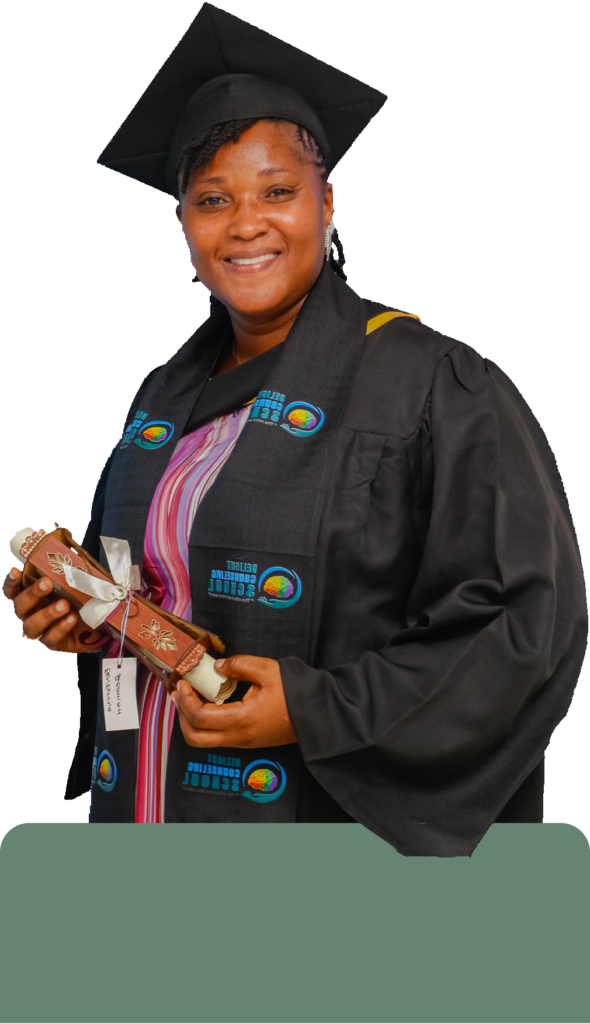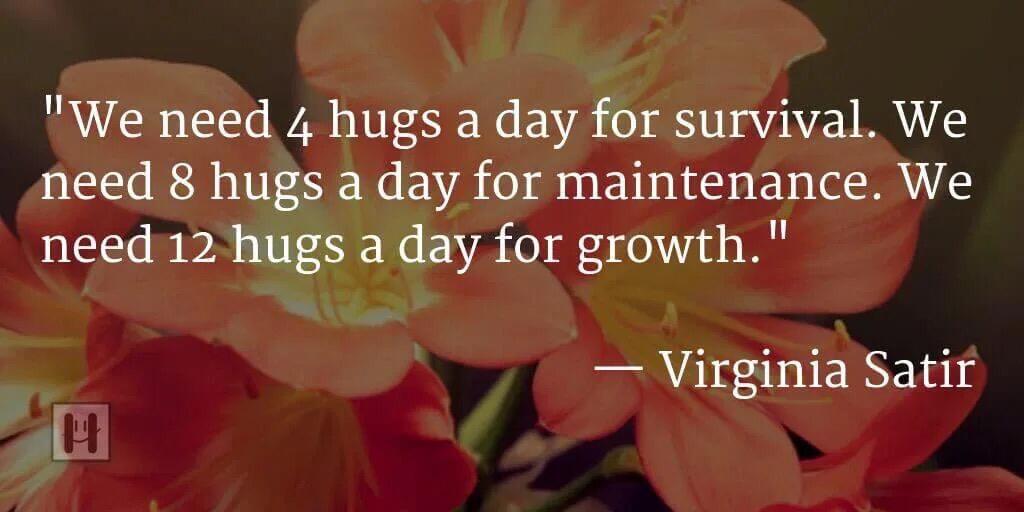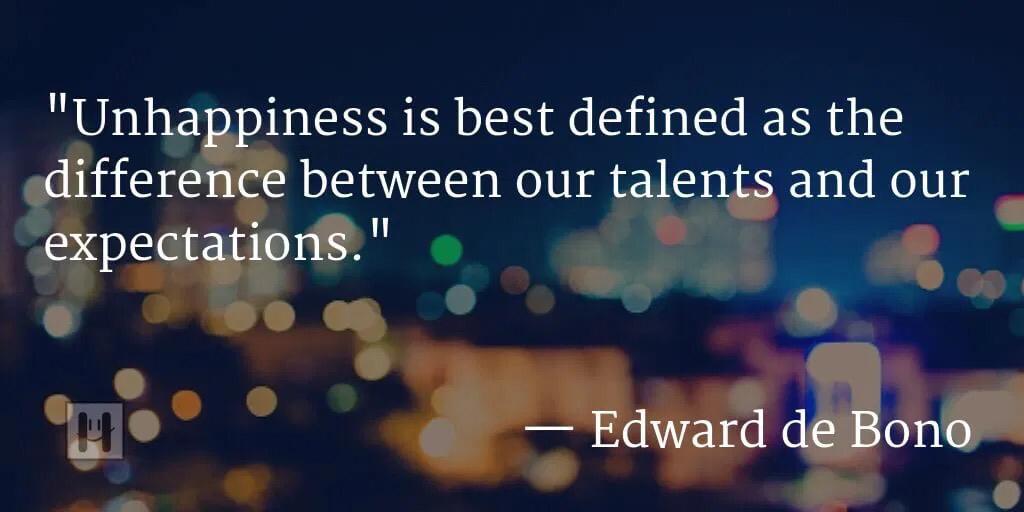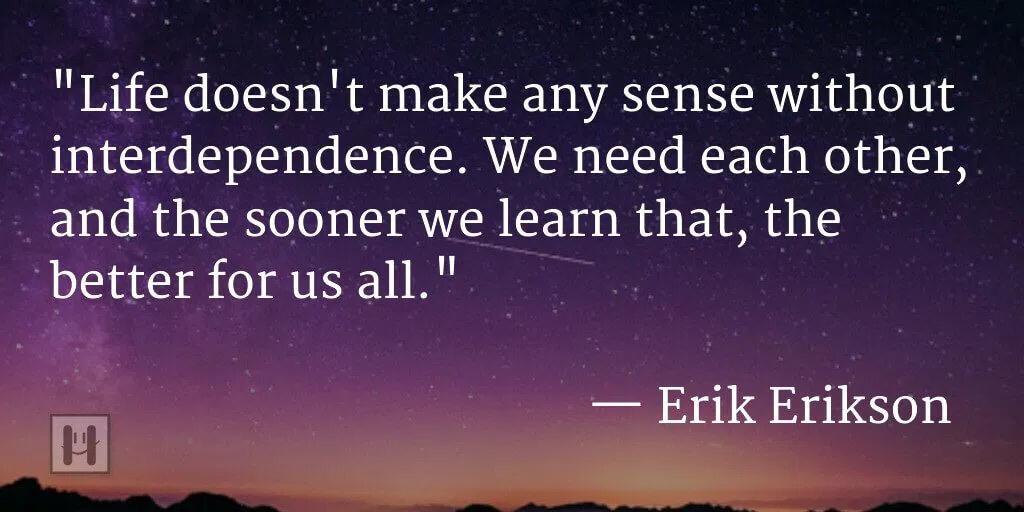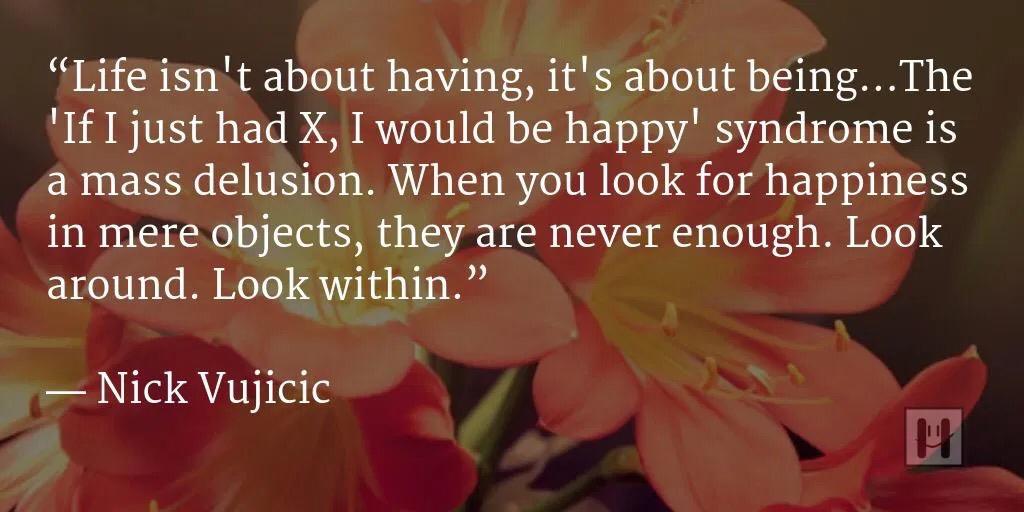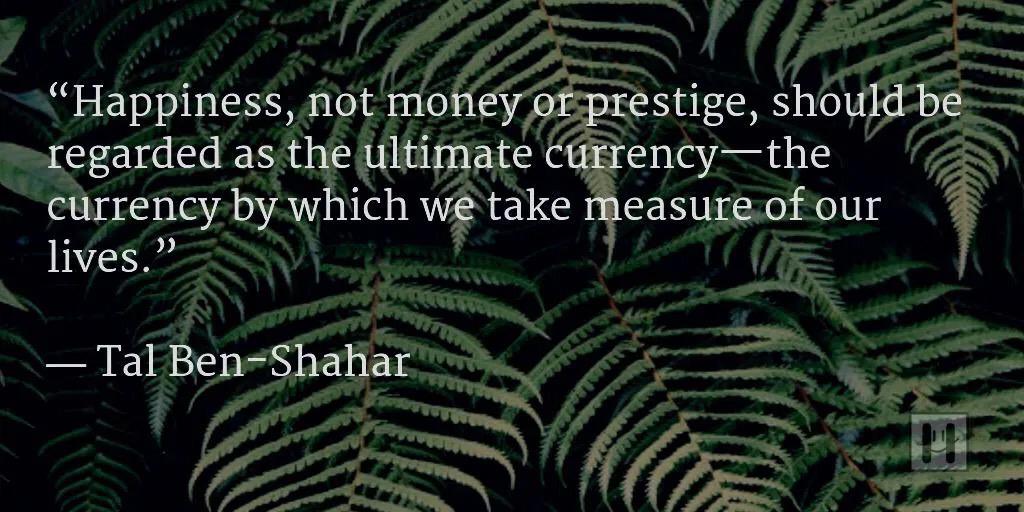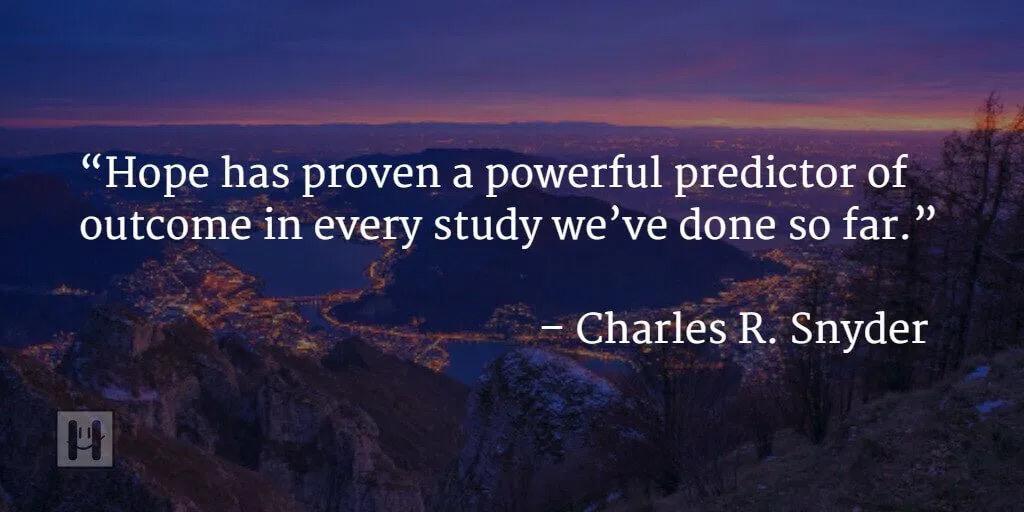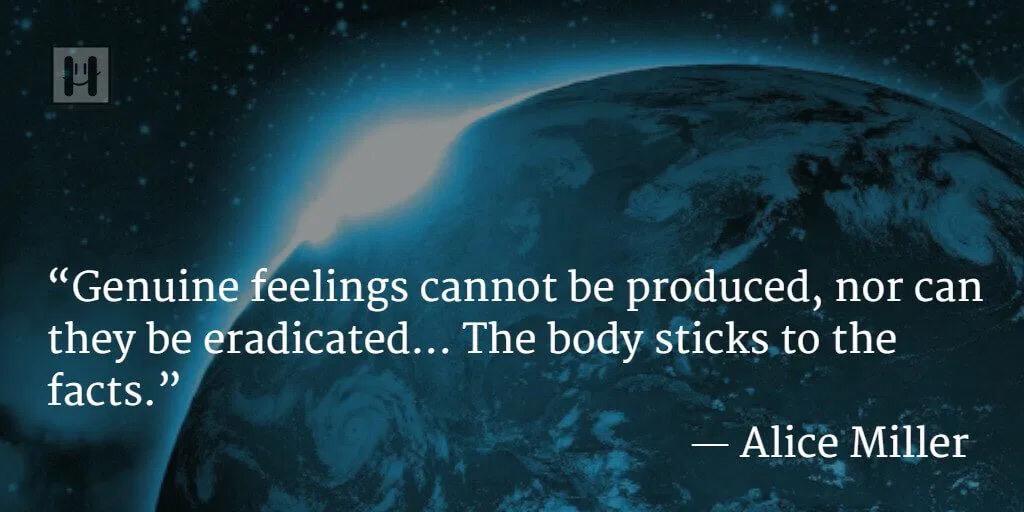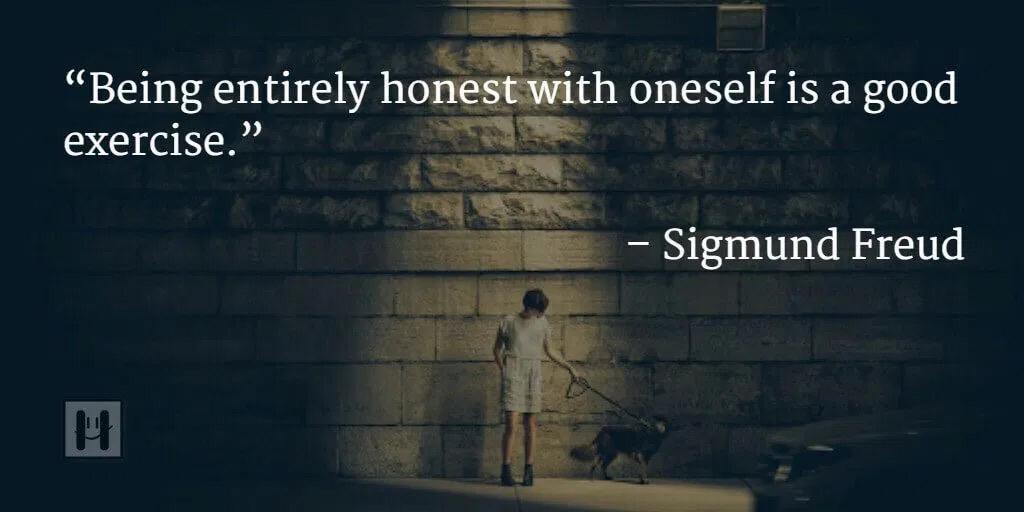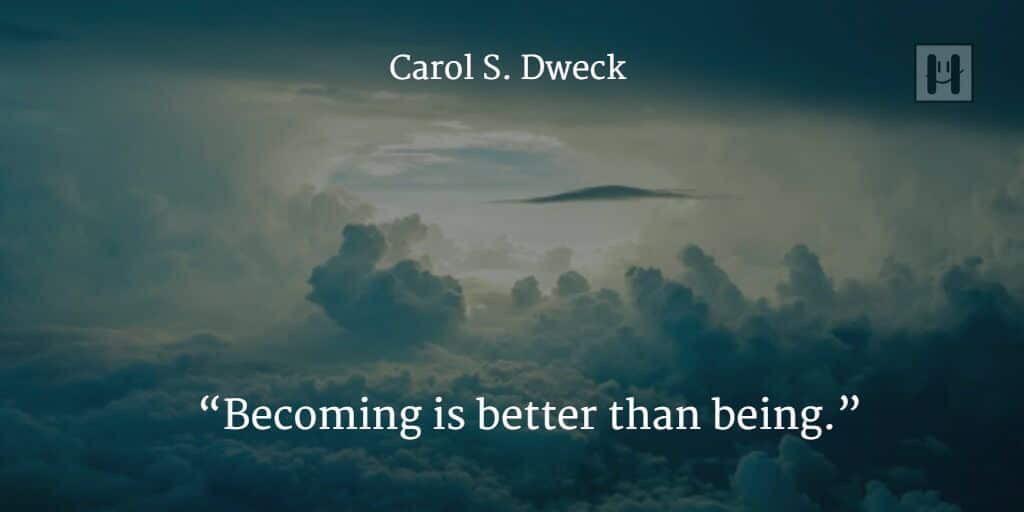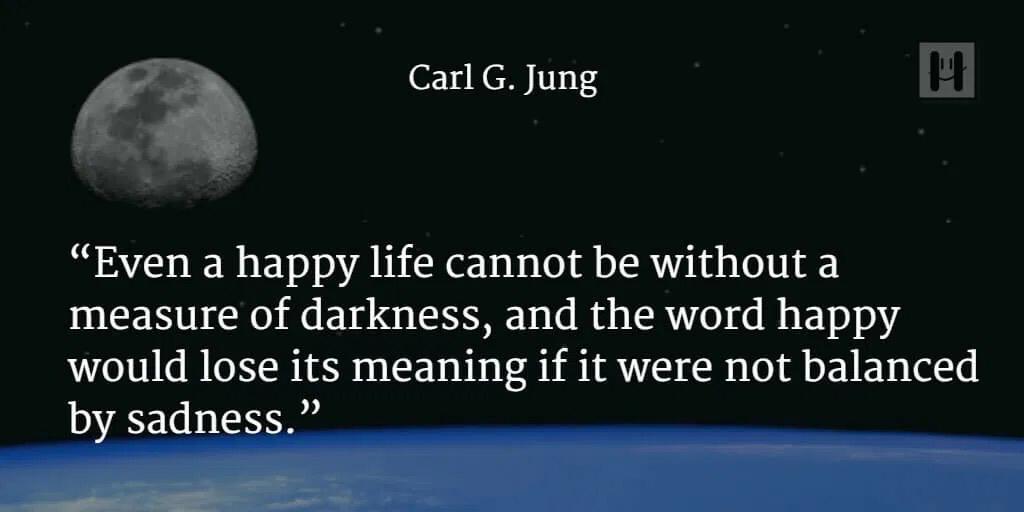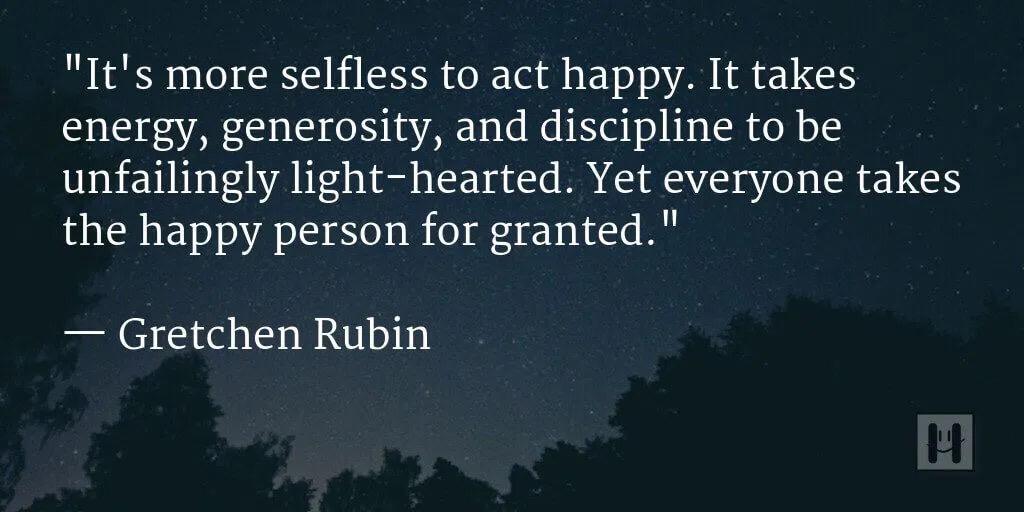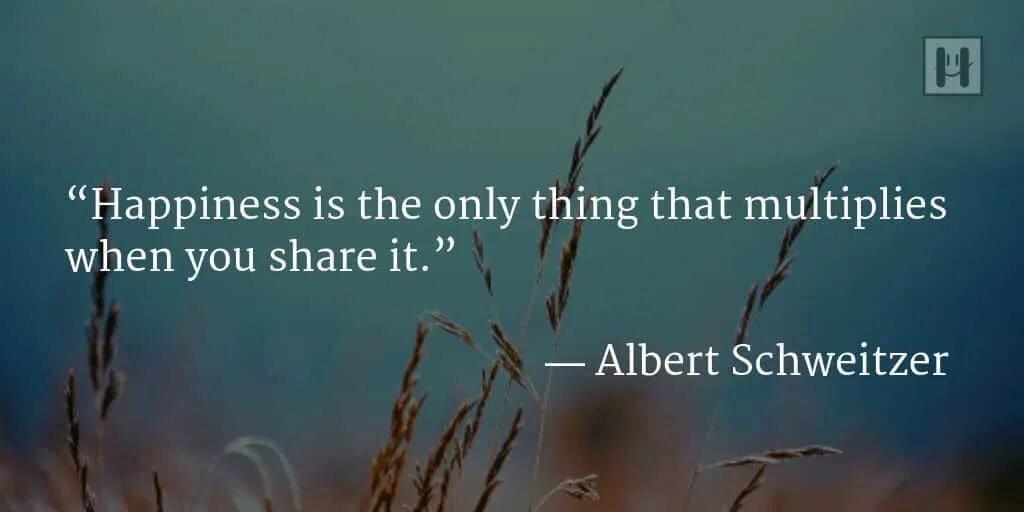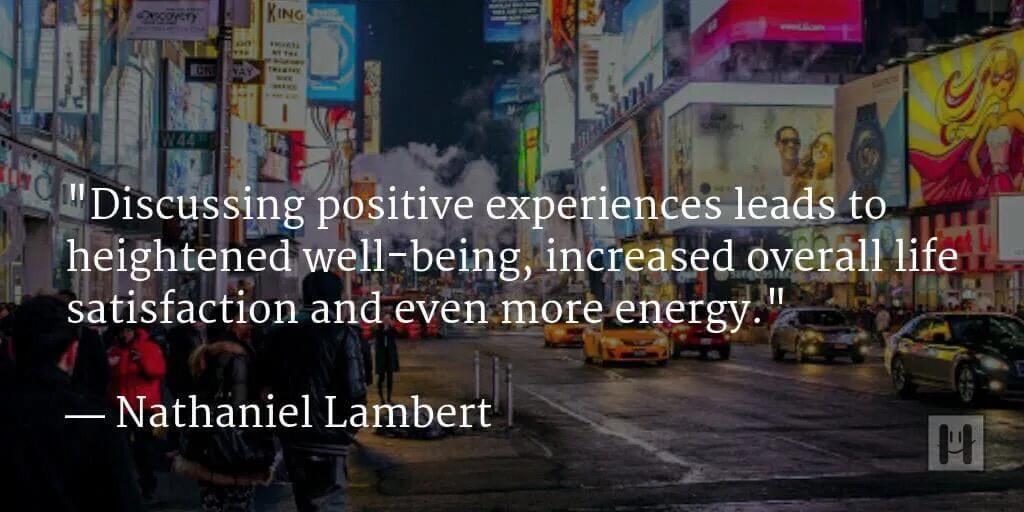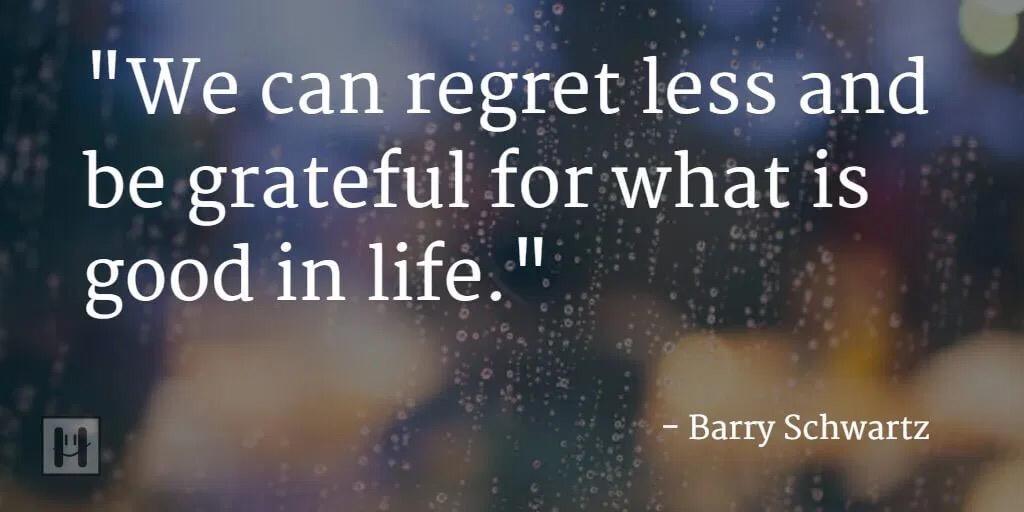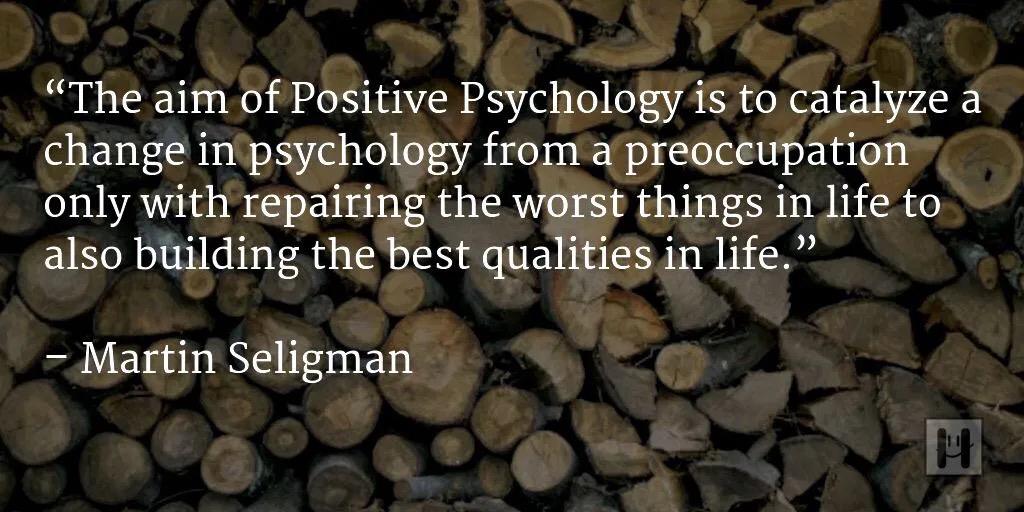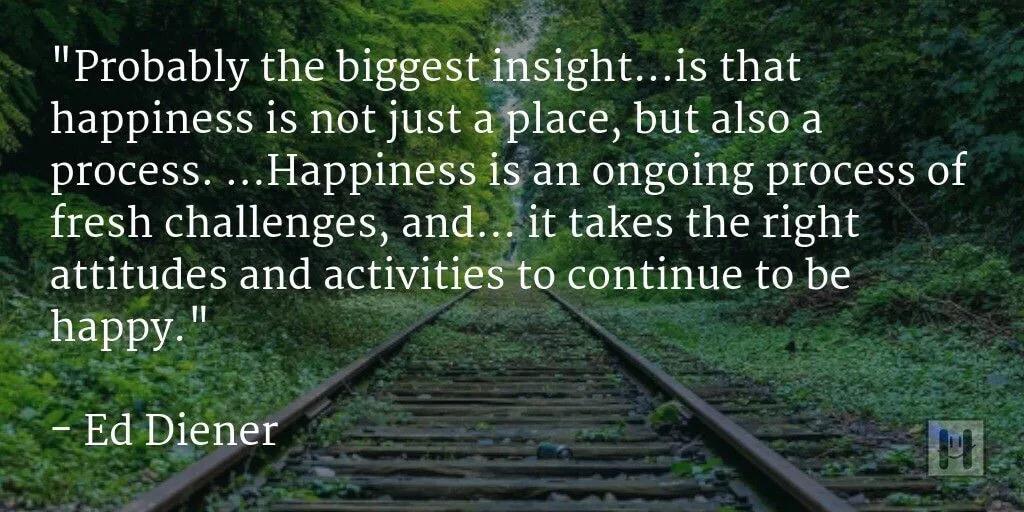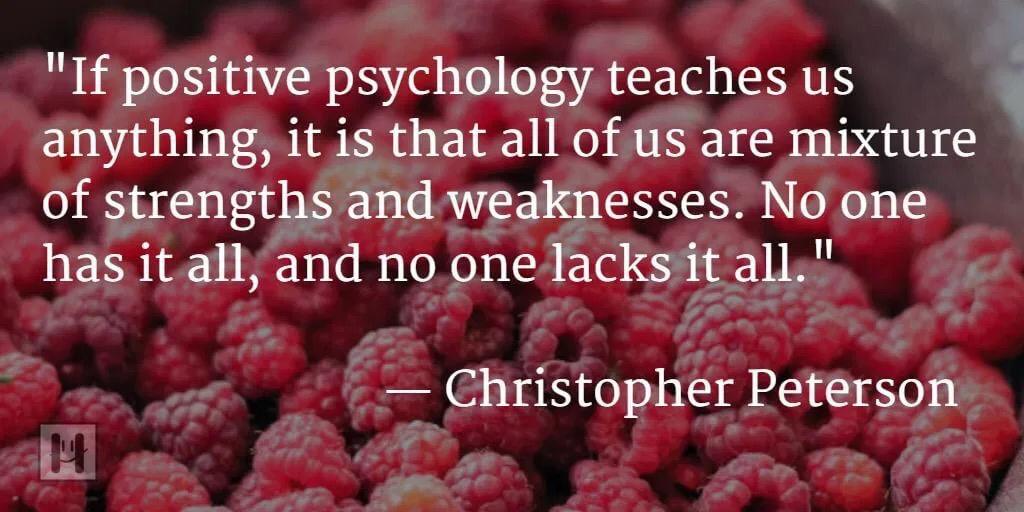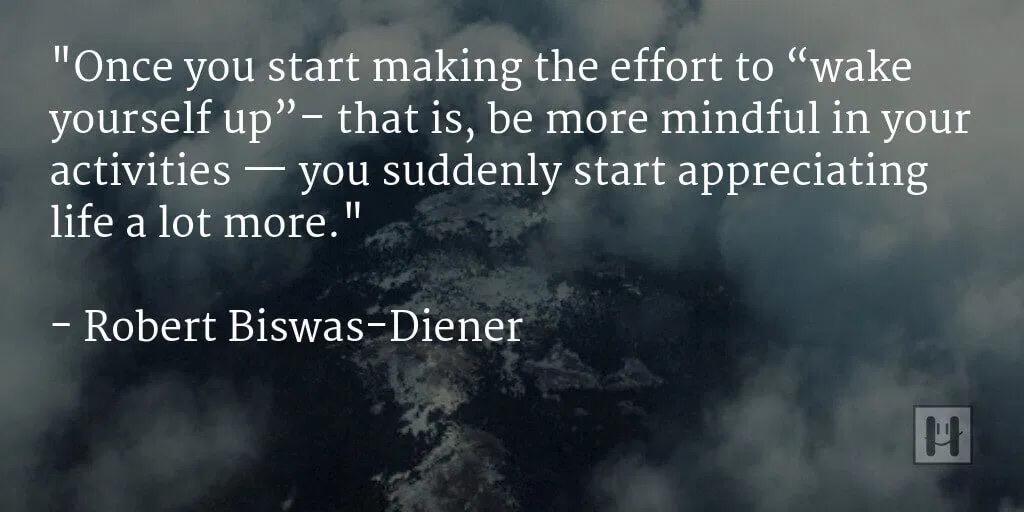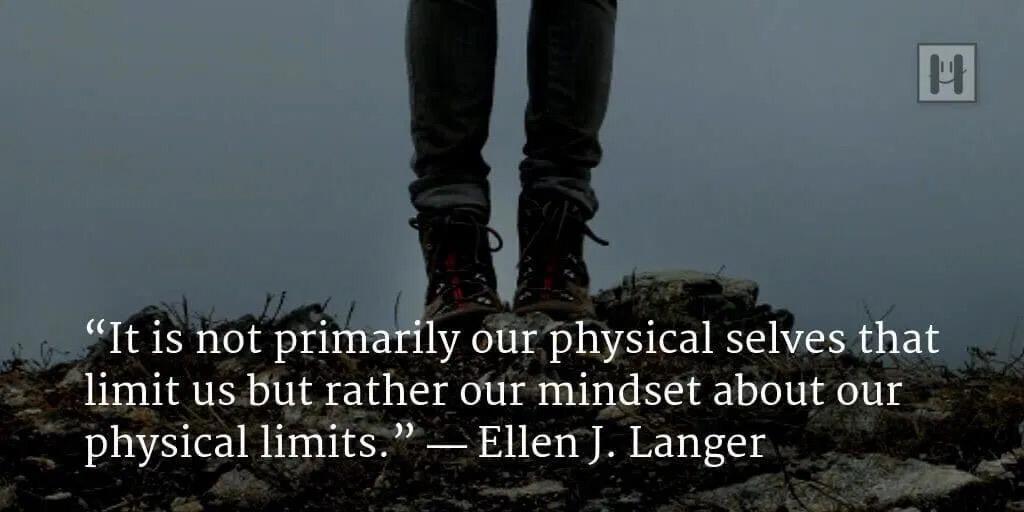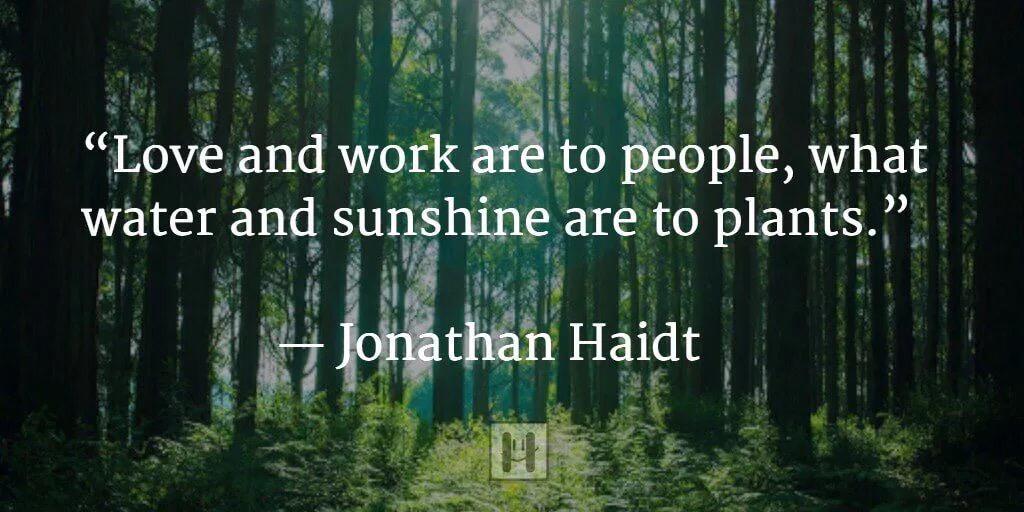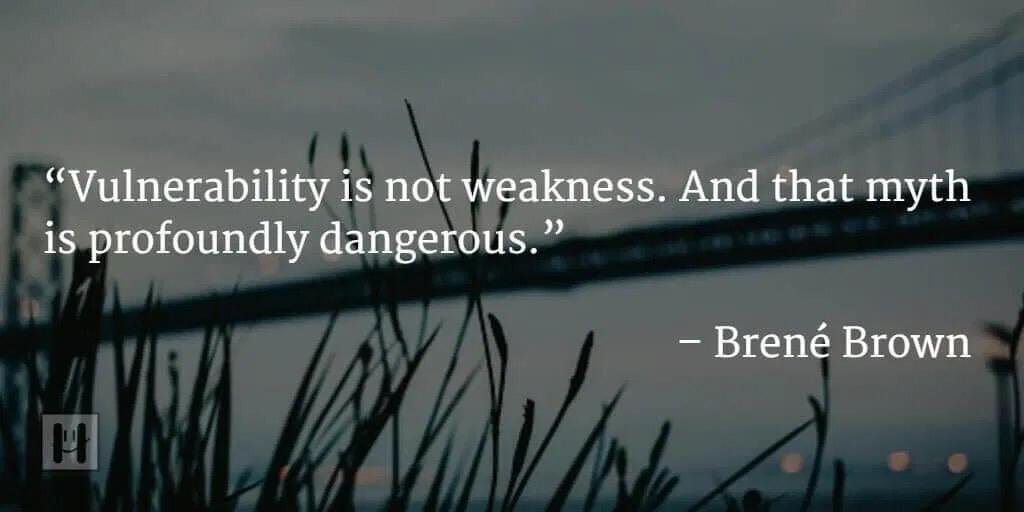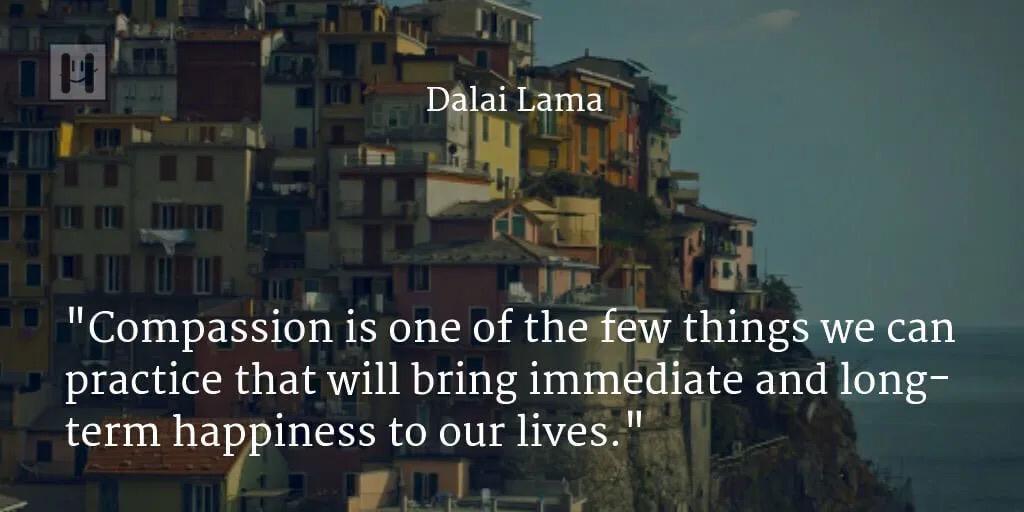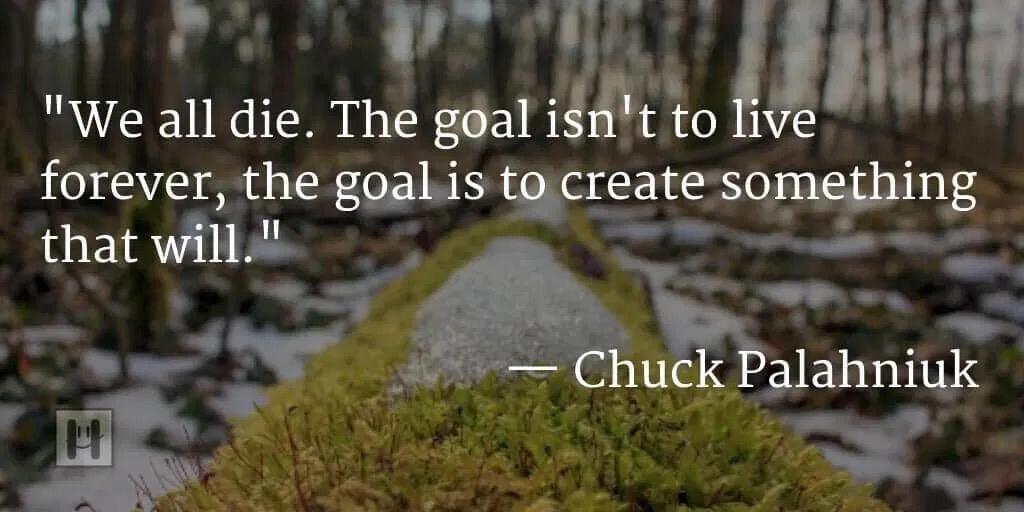Menu
MAIN PAGE
HOME
ABOUT
REGISTRATION
CONTACT
Team
About
Our institution is dedicated to empowering compassionate and competent counselors through exceptional education, hands-on training, and personalized support

 Introducing you to our history
Introducing you to our history
Driven by a passion for making a meaningful difference in people's lives

Programmes & Specialties
Content
This course is concerned with introducing students to psychology with emphasis on history of psychology, the different sub-fields available in the discipline, and the basic theories in psychology. Students will also be introduced to the short history about psychology education in Ghana, and examine the practice of psychology as a formal discipline in Ghana, including specific challenges that are encountered. Thus, the course introduces the psychology study of human behaviour and experiences.
Courses objectives
The objectives of this course is to enable students learn about:
- The nature of psychology as a discipline and as a profession;
- Theories of psychology
- Fields of psychology (basic and applied)
- The psychology history and knowledge of psychology practice in Ghana.
Course Content
The purpose of the course is to introduce the biological processes underlying behaviours. Specifically, it will focus on addressing issues around the structure and functions of neurons, the nervous system, senses-eye and ears, and the brain mechanisms of some psychological and neuropsychological disorders.
Courses Objectives
- To introduce students to the biological basis of normal and abnormal behaviour
- To introduce students to some motivations of specific behaviours
- To introduce students to some biological basis of some development and psychological disorders.
Learning Outcomes
At the end of this course, students are expected to;
- Evaluate the brain and its processes in explaining behaviour and behaviour disorders.
- Examine motivations for specific behaviours
- Critique the biological basis of some developmental and psychological disorders.
Course Description
This is an introductory course that exposes students to the nature, stages and basic principles of human growth and development. Basic concepts such as growth, development and maturation will be discussed. It will also focus on characteristics of the individual in terms of physical, intellectual, emotional and social development.
Course Objectives
By the end of this course, students should be able to;
- Evaluate basic concepts such as growth, development and maturation.
- Describe and Critique the physical, psychological, social, cultural and health changes from infancy to adulthood and aging.
- Apply the importance of heredity and environment in human development
- Demonstrate the ability to critically apply the main theoretical perspectives in lifespan development.
- Recognize and evaluate how social relationship change and endure across the lifespan. Course Content
- Definitional Issues – Growth, Maturation and Development (domains of Development-cognitive, socio-emotional, biological)
- Introduction and Themes in Development
- Principles of growth and development and its implication
- Historical, theoretical, and research perspectives of human growth and development
Content
- To introduce students to sexual development
- To orient students to research in gender and gender-based violence
- To introduce students to current debates in human sexual orientations and their implications in counselling practices. Mode of Delivery
This course will be delivered through lectures, videos and case presentations.
Learning Outcomes
At the end of this course, students should be able to:
- Examine the phases of sexual development.
- Critique how gender identity is developed.
- Evaluate the determinants of gender- based violence.
- Critique the current debates on human sexual orientation and their implications for counselling practices in Ghana.
Course Description
This course will teach students about the unique ideas and belief systems which govern typical African views about health and well-being. In particular, it will involve discussions of illness and wellness with regard to mental health by assessing the unique notions held by people of African descent. Topics to be treated include African beliefs about personhood, illness aetiology and care, as well as examining similarities and differences between African and westernized models of metal health care.
Course Objectives
- To help students appreciate the African world view with respect to illness
- To help students understand African notions of personhood
- To orient students to cultural understanding of wellness and recovery
- To examine the role of belief systems in mental health
Course Content
The purpose of the course is to introduce the student into the community of abnormal behavior and mental disorders. This will be approached with an understanding that abnormal behavior is a very controversial subject as there are people who believe it does exist and those who believe it does not exist at all. Specifically, it will focus on addressing such as (i.e. history of abnormal behavior, common mental disorders, developmental disorders, sexual disorders, personality disorders)
Course Objectives
- To orient students on the issues associated with abnormal behavior.
- To introduce students to common abnormal and mental disorders
- To introduce students to the causes and how to identify symptoms of abnormal behaviors.
- To introduce students to various treatment approaches to different abnormal disorders.
This course is designed to portray the important events and individuals from past to present that have made a significant impact on the field of counselling psychology. Also, Professional counsellors need a strong foundation to prepare them for entering the Counselling profession. The course will focus on counsellor’s work as well as to providing understanding into how personal and professional ethics play a major role in the dynamics between counsellor and client, and the challenges of various abnormal behaviours and mental disorders a professional counsellor must face in helping people to live their own life rather than be lived by it in the educational and other sectors of the Ghanaian economy. This course incorporates a vast variety of areas that apply to many different environments and circumstances. It offers an inside view of core counselling techniques and approaches, and opportunities for counselling professionals to understand the complex role client diversity plays in their work.
This course is to introduce student-counsellors to understand the basic principles of crisis situations; explore the kind of disasters that are common in Ghana; understand and identify traumatic experiences; investigate the common causes of crisis and disasters; and the effects these have on the mental wellbeing of individuals and societies.
This course introduces students to different approaches to couples’ therapy. It examines common areas and patterns of marital dysfunction and includes techniques for intervention. This course will assist students in developing the fundamental knowledge of key concepts and processes in couples counselling and therapy.
Course Objectives
Upon completing this course, the student should be able to:
- Examine some myths of marriage.
- Evaluate the theories of family and marriage
- Examine and be able to analyse how problems develop, how change occurs and how change is maintained within couple relationships.
- Demonstrate essential couple counselling skills
- Conduct a basic assessment of a couple relationship Course Content
- Myths of marriage
- Theories of family and marriage
- Love, Sex and Marriage
- Premarital Counselling
- Marriage Counselling
Divorce and Marriage Reconstituted/Blended Families
The course is a certificate level course, studying psychological aspect of youthful behaviour. The insights of psychology as a science are used to inspect and evaluate the youthful dimension of life. How childhood and adolescence affect development, health, experience, relationships in the church, family, and marriage, etc.
This course focuses on basic research procedures and statistical methods that are essentials in conducting any psychological and educational research.
Emphasis will be on exposing students to basic types of research methodology, instruments, research questions and hypothesis generation and the uses of various descriptive and inferential statistics in analysing research data.
Our Curriculum
Our curriculum is designed to prepare students for success in a dynamic and evolving field, covering essential topics such as counseling theories, assessment techniques, ethical and legal considerations, multicultural competence, and evidence-based interventions. Through a combination of coursework, experiential learning opportunities, and supervised practicum experiences, our students develop the clinical skills, self-awareness, and cultural competence necessary to serve diverse populations in a variety of settings.

We are deeply committed to fostering a supportive and inclusive learning community
Whether you are embarking on a new career in counseling or seeking to advance your existing practice, we invite you to explore the opportunities available at Delight Counselling School. Join us in our mission to make a difference in the lives of others and create a brighter, healthier future for all.
Admission Forms
Unlock your future by downloading our admission packet today! Gain access to valuable information and take the first step towards your educational journey for a small fee
